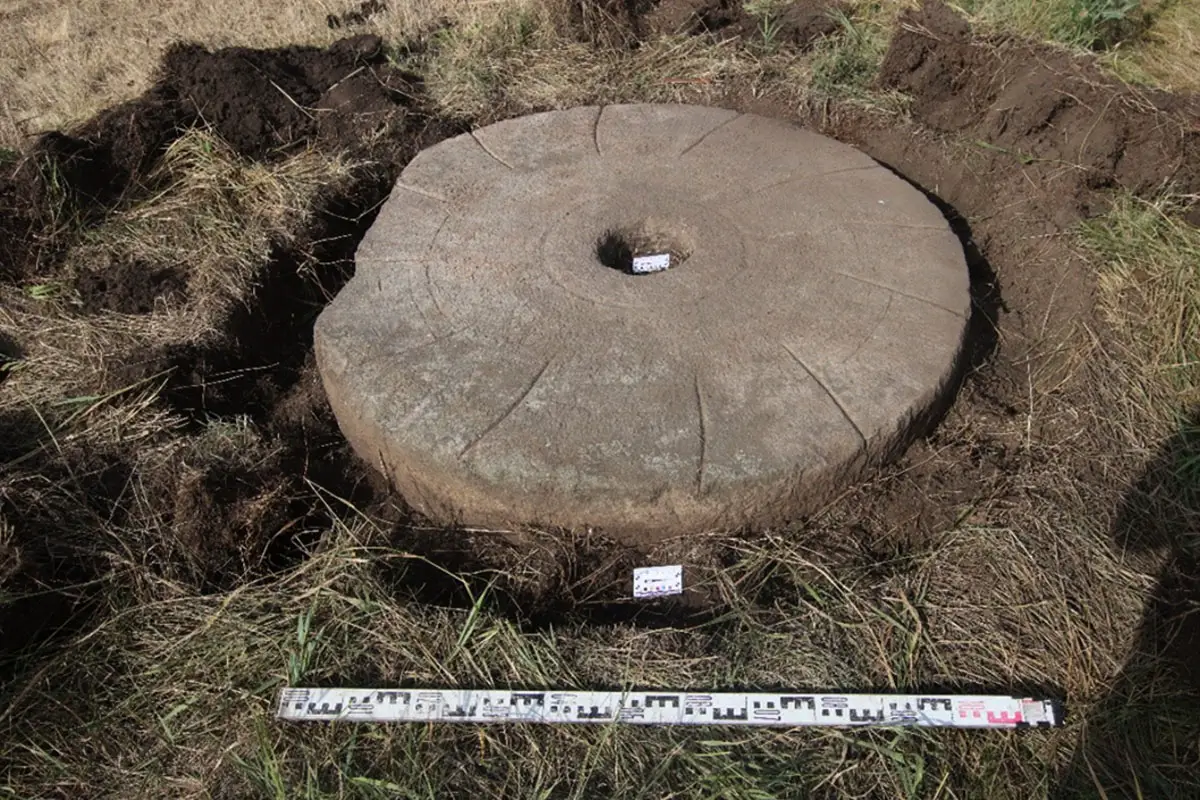Archaeological research in the Alekseevsky District of the Republic of Tatarstan have discovered a Bulgar-Golden Horde period complex.
Following the collapse of Old Great Bulgaria during the 7th century, the Bulgarians of Kotrag settled in the middle Volga region where they founded Volga Bulgaria, with Bolghar as its capital.
Commanding the Volga River in its middle course, the new Bulgar state emerged as a powerful trading centre between Europe and Asia. During the 13th century, Volga Bulgaria was annexed by the Mongols and subsequently became part of Ulus Jochi, later known as the Golden Horde.
Excavations in preparation for the construction of a highway project has revealed two burial grounds and a settlement dating from the 10th–14th centuries AD.

According to a press statement by the State committees of the Republic of Tatarstan, the complex sites are linked to the Bulgar pre-Mongol and Golden Horde periods, as well as elements of the Chiyalik culture.
Designated “Sakonsky Burial Ground I,” “Sakonsky Burial Ground II,” and “Sakonskoye Settlement IV”, the complex sites have yielded numerous fragments of circular and moulded ceramics, bone remains, grinding stones, and pit burials containing human remains.
The Chairman of the Tatarstan Committee for the Protection of Cultural Heritage Sites, Ivan Gushchin, said: “Following the results, the discovered archaeological monuments will be taken under state protection. Additionally, artefacts from the late 19th to early 20th centuries were found in the southern part of the complex, indicating later settlement activity in the area.”
Header Image Credit : State committees of the Republic of Tatarstan
Sources : Committee of the Republic of Tatarstan for the Protection of Cultural Heritage Sites





